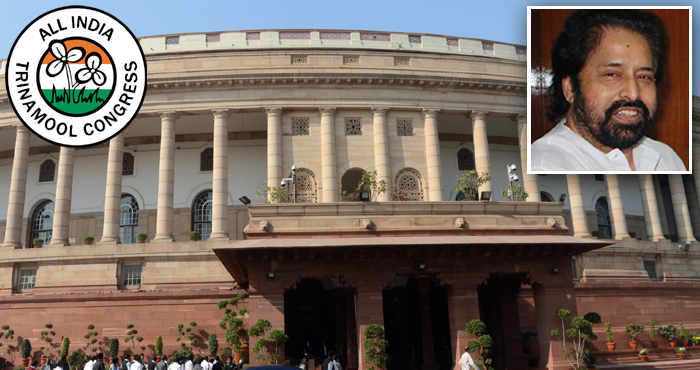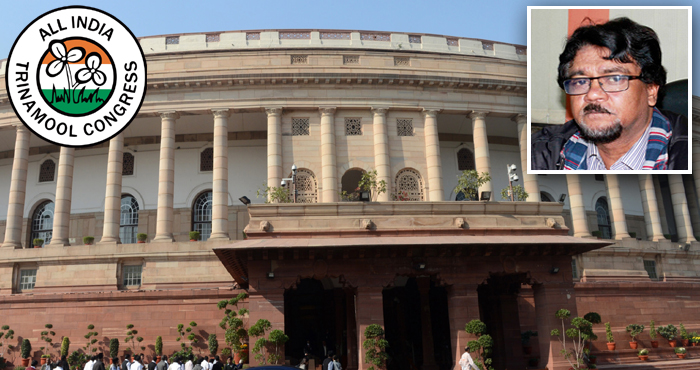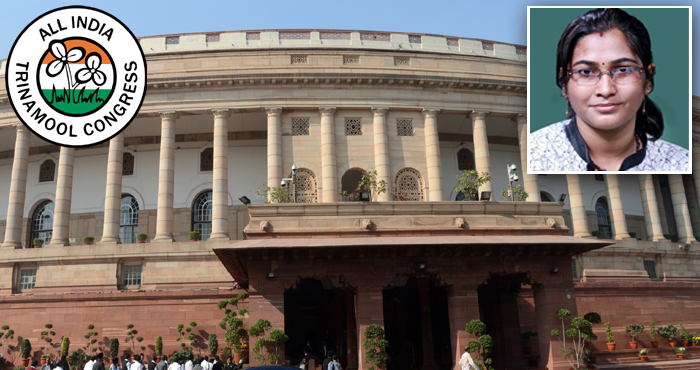FULL TRANSCRIPT
Sir, I rise to speak on The Indian Institutes of Information Technology (Amendment) Bill, 2017.
The amendment in this Bill seeks to award Indian Institute of Technology, Design and Manufacturing, Kurnool in the State of Andhra Pradesh, the status of the national importance. We support the Bill in its spirit as a newly formed state, this status is vital for the institute.
I would like to highlight few issues faced by students as well the areas which should be considered for further scrutiny about our current system of education in the country.
I would like to raise five important problems
1. Do we have enough Premier Institutes in the country for the aspiring students?
In April 2017, nearly 12 lakh students have appeared for JEE Mains Examination just to fill 36,208 seats in IIT, NIT, IIIT and CFTI. That is, only 3% of the total students who aspired to enter the premier institutions are able to make it to them. The rest are settling for lower institutes in the country.
I would also like to raise one important point which has also been raised by my colleague Mr. Saugata Roy in Lok Sabha. I urge the Government to set up an Indian Institute of Technology in Kalyani in West Bengal.
2. Are we able to provide job opportunities to everyone who is graduating from these premier institutes?
According to the data sent by IITs to the human resource development (HRD) ministry revealed only 66 per cent of students who appeared for campus recruitment got a job offer in 2016-17, as against 79 per cent in 2015-16 and 78 per cent in 2014-15.
The percentage of placements in these institutes is declining year by year. Who is responsible? What is the reason for the decline?
According to survey, the decline in placements at India’s premier engineering colleges is seen as a possible outcome of various disruptions globally, including protectionist steps taken by countries like United States and Australia.
As a nation, are we able to control/reduce the global impact on our country in this issue? Did the ministry start assessing the necessary steps to overcome it?
3. IT Layoffs
IT professionals are losing their jobs every year, this can be attributed to various reasons. It is anticipated that, the actual job cuts will be between 1.75 lakh and 2 lakh per year in next three years, due to under-preparedness in adapting to newer technologies.
4. Brain Drain
Every year students from India migrate to western countries for education and better opportunities. Who is responsible for this Brain drain taking place in the country? Sir, a survey conducted by U.S. National Science Foundation of Earned Doctorates show that 80 per cent or more of students who complete their PhDs in the U.S. from India and some other Asian countries remain in the U.S.
I would like to give you a comparison. The number of students from china who used to migrate to Western countries for post-graduation are now getting flat. A likely explanation, with relevance for India, is that China has invested heavily in its top-tier universities and now has significant quality and capacity in most academic fields for post-graduate study. Chinese students are no longer obliged to go abroad for high-quality programmes, there is a growing trend among them to stay and pursue higher education in their own country.
What I wanted to convey is that we have very less number of universities in comparison to the student population we contain right now in the country.
5. Suicides
According to NCRB data released in 2016, 34% of the total suicides happening in the country are attributed to students, unemployed victims and self-employed people (6.7%, 8.2% and 19.1%).
We are living in a society where there is cut-throat competition. From the time a child is born, the parents start deciding on kindergartens, schools, colleges and eventually their careers. We don’t spare a moment to think about what kind of pressure we are creating for our children. At a time when they should be going out and playing, we are forcing them to cram books which weigh more than them.
Once they pass out from higher education institutes, a majority of students who have studied a particular subject are not getting jobs in the relevant sector. Therefore, they have to take up jobs in industries which are completely beyond their comfort zone. This leads to zero job satisfaction, eventually turning to depression.
We need to look into these aspects and ensure that we provide a healthy and nourishing environment for them, and provide psychological support at every step of their lives.
On this occasion of discussing such an important bill in the parliament, I urge the minister to consider these points and address them in the near future.
Thank you.









